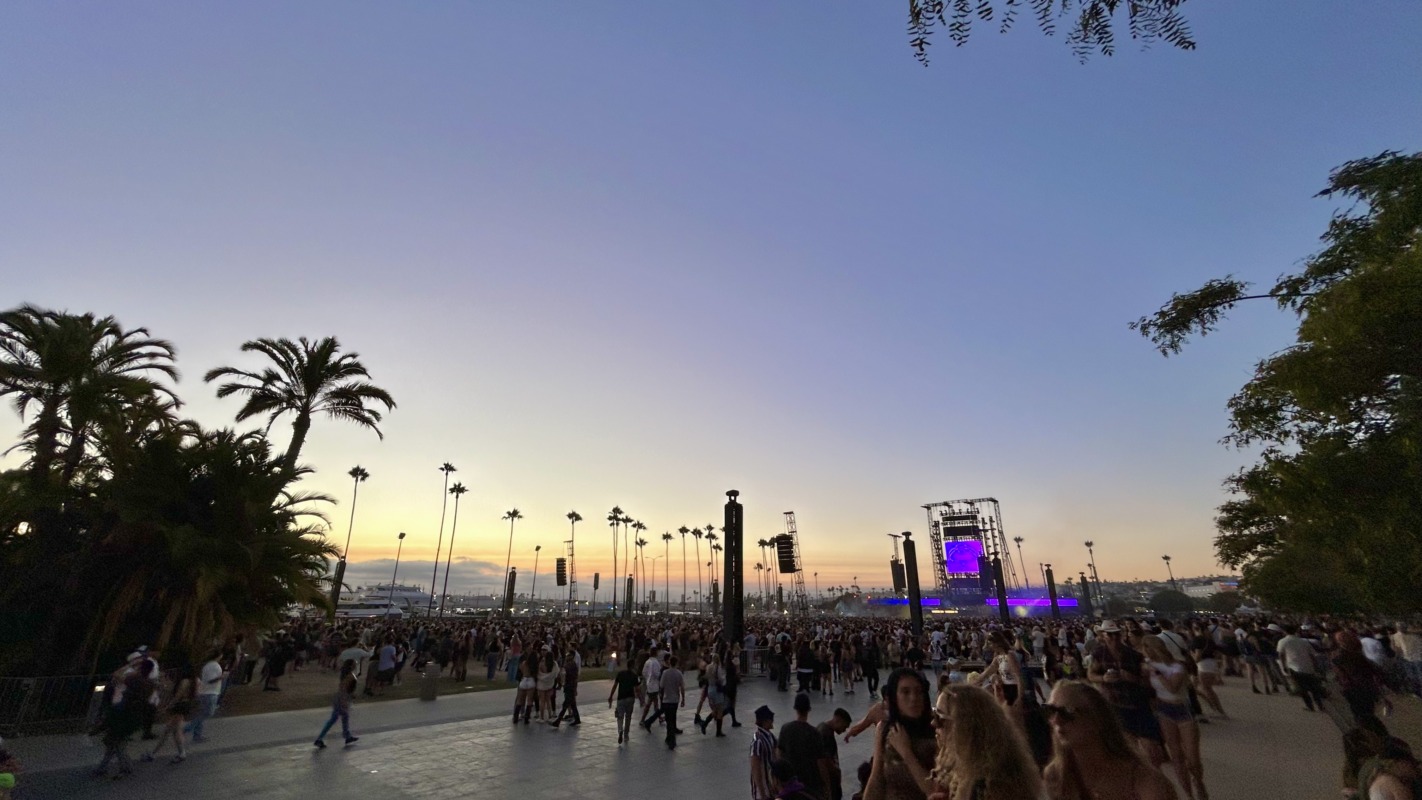A roundtable discussion held at this year's Comic-Con@Home between the biggest manga publishers in North America covered many topics, from the sustainability of the current manga boom, to how publishers decide which series they are going to localize.
The manga industry rose to unprecedented heights during the 2020 quarantine, and that sales boom - and subsequent supply shortages - currently show no signs of slowing down. "Where we end up is a crystal ball... We don't know where this is going to end," said Kevin Hamric, vice president of marketing and sales for VIZ Media, which publishes many of the biggest shonen manga series like My Hero Academia and Naruto. "We've got many retailers jumping on the bandwagon, we've got unprecedented demand, we've got not being able to deliver all of the books that people want right now... It's exciting, but also frustrating right now," Hamric admitted. "There is just so much growth, and those numbers are moving so high and such a rapid clip, in a way it's a little unsettling," said Ed Chavez of Denpa Books. Like the other panelists, Chavez expects the current sales spike to end eventually, but they think the overall manga industry will still be in a better place after the boom compared to when it began. "I'm a lot more optimistic about where that curve is going to come down," Chavez stated. "I think it's going to be a little flatter, it's not going to be as severe as drop... which I hope is an indication of how much the industry has grown over this last year of shelter in place."
While many retailers have reported an inability to keep newer titles such as Chainsaw Man and Jujutsu Kaisen in stock during the past year, many older titles are also experiencing a resurgence in popularity as older fans revisit them or new audiences discover them for the first time. "Black Butler, Fruits Basket, Soul Eater... those are doing better than ever," Mark de Vera, Yen Press' sales and marketing director said. "They've been around for awhile, but now they're selling like the hottest things ever to an exponential level. I'm not even talking about like a bit better than last year or two years ago, I am talking about off the charts with Fruits Basket. It feels like 2003 all over again."
Digital manga is also experiencing a boom. "People were at home having time on their hands, and binging... Binging like they do on Netflix," Hamric said when asked about VIZ's digital manga sales. Hamric also explained that VIZ's subscription service has helped to also drive sales of print manga, as readers who are introduced to a series via digital distribution tend to seek out physical copies of the series they like. "The subscription service is a very low-cost entry point into being able to try new series, and that's helped the print side of our business," Hamric said.
Leyla Aker, a director for the Square Enix Books imprint at Penguin Random House, explained how publishers choose which manga to publish, and which titles to pass on. "Every single publisher is going to have different considerations," Aker said. "As publishers, we are looking at what is going to succeed in the market. From the fan perspective, the whole thing is very opaque and mysterious, and 'Why isn't Publisher X picking up my favorite Series Y?' there's just an endless number of reasons for why that can be the case." Aker continued, "The sensibilities of the Japanese audience are not the same sensibilities as the North American audience, which are not the same as the French, or the Brazillian... there's still very distinct market preferences."
Aker also detailed the risks that publishers take when distributing manga versus western comics published as trade paperbacks. "The issue with manga which makes the evaluation more complicated, if you're a normal trade book publisher and a book doesn't work, it's one and done... If you're a manga publisher, depending on the length of that series, you are locked in. So if a series doesn't work, it's not simply that a book doesn't work, it means that a book doesn't work possibly the next 64 times, and that's an incredible financial burden for any list to bear." Aker used the long-running Hajime No Ippo series as an example. "Why isn't anybody committing to that? Because you have to be really sure that you have a very strong readership for a hundred plus volumes... That is a very clear cut and brutal financial calculation."
Looking towards the future, the panelists were generally optimistic for the future and don't foresee another market crash similar to the one that happened in the early '00s. "The business does go in peaks and valleys... [But] never before has manga been more accepted than it is now. I think where it's going from here and the next five years is that things are going to steady out quite nicely," Hamric said. "The last big kind of boom and bust that happened around that 2009, 2010 period... I don't we're going to replicate that this time," Aker said optimistically. "The circumstances are fundamentally different this time around. Fully 50 percent of the manga sales back then were from the Borders group... the economic crash in 2008 and 2009 took out that entire group, so manga literally overnight lost half of its retail channels in America. There's no similar situation to that right now, so unless Amazon goes belly up, which is unlikely, the sales channels are going to remain stable. Even if there is an adjustment, it's not going to be anything like what we saw before... Personally I'm very optimistic," Aker said. "Manga and anime genres [have been taken] into the mainstream, that's not going to walk back... It's kind of here to stay."
Source: YouTube
About The Author

